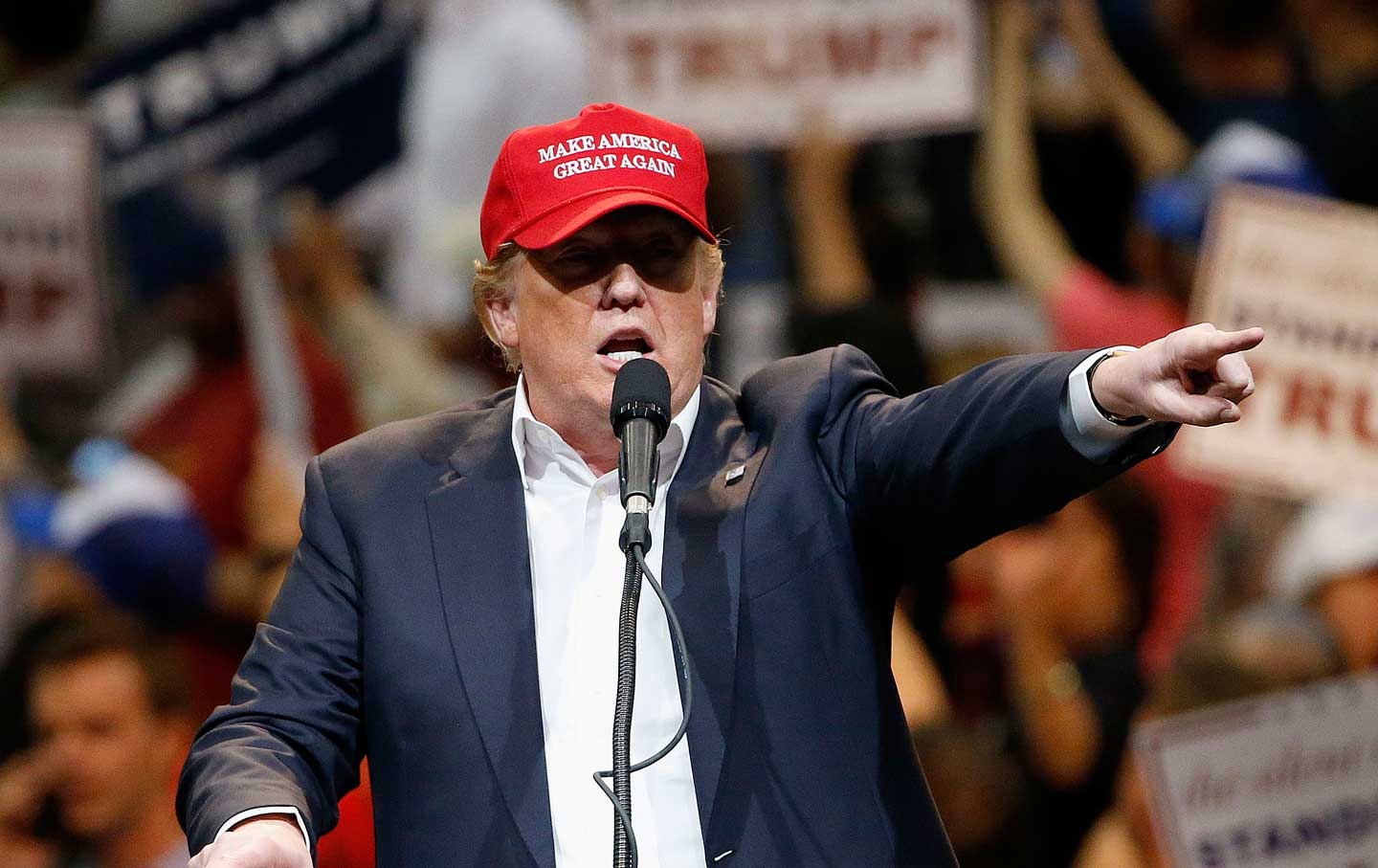In contemplating the imminent possibility of former President Donald Trump securing the Republican presidential nomination for the 2024 elections, our analysis in political science points to a disconcerting forecast: the potential for even greater harm to American democracy during a second Trump presidency compared to his initial term.
This ominous projection stems not solely from Trump’s personal inclinations and political aspirations but rather from a fundamental transformation in power dynamics within the Republican Party.
The shift in the landscape of American politics, particularly within the GOP, signifies a departure from traditional norms and an embrace of elements that challenge the democratic principles upon which the nation was founded.

While Trump’s first term in office was marked by controversy and divisiveness, the evolving dynamics within the Republican Party suggest a deepening of these trends, posing a more significant threat to the democratic fabric of the United States.
One crucial aspect of this transformation lies in the party’s increasing alignment with Trump’s brand of populism, which often emphasizes a personalized, charismatic leadership style over adherence to established democratic norms.
As Trump maneuvers to secure the nomination again, the GOP appears to be consolidating around this populist approach, potentially sidelining more moderate voices within the party.
Furthermore, the erosion of institutional checks and balances within the Republican Party is contributing to an environment where Trump’s influence is unchecked.
Traditional guardrails that once curtailed executive power within the party give way to a more centralized authority, with Trump at the helm. This concentration of power raises concerns about the potential for unchecked decision-making and policies that might further undermine democratic institutions.
The potential impact of a second Trump presidency on democratic norms is exacerbated by the party’s willingness to embrace narratives that challenge the legitimacy of electoral processes.
The aftermath of the 2020 election witnessed unfounded claims of widespread voter fraud, undermining public trust in the democratic system. The continued promotion of such narratives within the GOP signals a departure from a commitment to free and fair elections, a cornerstone of any robust democracy.
Moreover, the Republican Party’s inclination to prioritize loyalty to Trump over ideological diversity may lead to a chilling effect on dissenting voices within its ranks.
This conformity to a singular narrative, often centered around Trump’s agenda, raises concerns about the health of democratic debate and the ability to navigate complex policy challenges through diverse perspectives.
As we delve into the potential ramifications of a second Trump presidency, it becomes apparent that the influence of far-right elements within the GOP poses a growing threat.
The rise of more extreme ideologies within the party could exacerbate polarization and hinder the pursuit of common ground, a vital component of a healthy democracy.
The looming prospect of Donald Trump securing the Republican presidential nomination in 2024 unveils a complex interplay of factors that may exacerbate the challenges faced by American democracy.
While Trump remains a significant figure in this equation, the shifts in power dynamics, party alignment with populism, erosion of institutional safeguards, and the promotion of narratives undermining electoral legitimacy collectively paint a worrisome picture for the future of democratic governance in the United States.


